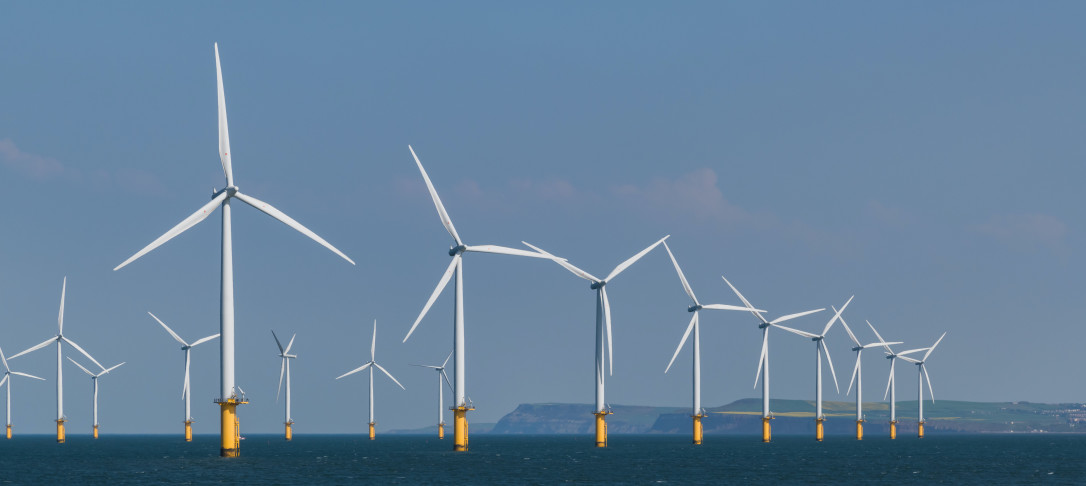
Research seminar:
Material degradation challenges in offshore wind, hydrogen storage and Li-Ion batteries
Material degradation challenges at the interface between mechanics, chemistry and materials science are hindering the energy transition. In this talk, I will discuss how material degradation and fracture are compromising the efficiency and development of new technologies in offshore wind, hydrogen storage and Li-Ion batteries. Life-cycle management of offshore wind turbines is still in its infancy, as evidenced by their short life span (25 years) and the very large costs associated with operation and maintenance (~80% of the investment costs). Cracking due to the combination of corrosion and fatigue (cyclic loading) is the limit state consideration for the design and in-service lifetime of offshore wind structures but the problem is not well-understood and current practices are based on strongly simplistic empiricism.
Hydrogen is being hailed as the energy vector of the future but has a dark side; metals experience a dramatic drop in ductility and fracture resistance in the presence of hydrogen (of up to 90%). This phenomenon, termed hydrogen embrittlement, continues to challenge scientists and engineers and constitutes a major threat to the development of a hydrogen infrastructure. Also, the capacity degradation of Li-Ion batteries is driven by mechanical problems such as electrode particle cracking and the nucleation and growth of voids and dendrites compromises the commercialisation of all-solid-state batteries.
I will review our recent work in gaining new fundamental understanding of these phenomena and showcase how the new computational tools that we have developed are currently being used to conduct Virtual Testing and enable: (i) predicting the nucleation and growth of corrosion fatigue cracks, (ii) mapping safe regimes of operation for hydrogen storage components, and (iii) predicting the performance of conventional and solid-state Li-Ion batteries.
Biography:
Dr Emilio Martinez-Paneda is a Senior Lecturer in Mechanics of Materials at Imperial College London, where he leads the Mechanics of Infrastructure Materials Lab. Prior to joining Imperial College as Lecturer in September 2019, Dr Martinez-Paneda was an 1851 Research Fellow at the University of Cambridge. His research interests span a wide range of topics within applied mechanics, such as corrosion, iceberg calving, battery degradation, small scale plasticity, rock fracture, computational mechanics, hydrogen embrittlement and small scale testing. Dr Martinez-Paneda has published more than 55 scientific papers in the best journals of the field and received numerous prestigious awards and fellowships for his contributions. Among others, Dr Martinez-Paneda is the recipient of RILEM’s Gustavo Colonetti Medal, SEMNI’s Simó Prize, IMechE’s Prestige Award for Risk Reduction in Mechanical Engineering and the Royal Academy of Engineering UK’s Young Engineer of the Year award.
About Energy Futures Lab
Energy Futures Lab is one of seven Global Institutes at Imperial College London. The institute was established to address global energy challenges by identifying and leading new opportunities to serve industry, government and society at large through high quality research, evidence and advocacy for positive change. The institute aims to promote energy innovation and advance systemic solutions for a sustainable energy future by bringing together the science, engineering and policy expertise at Imperial and fostering collaboration with a wide variety of external partners.